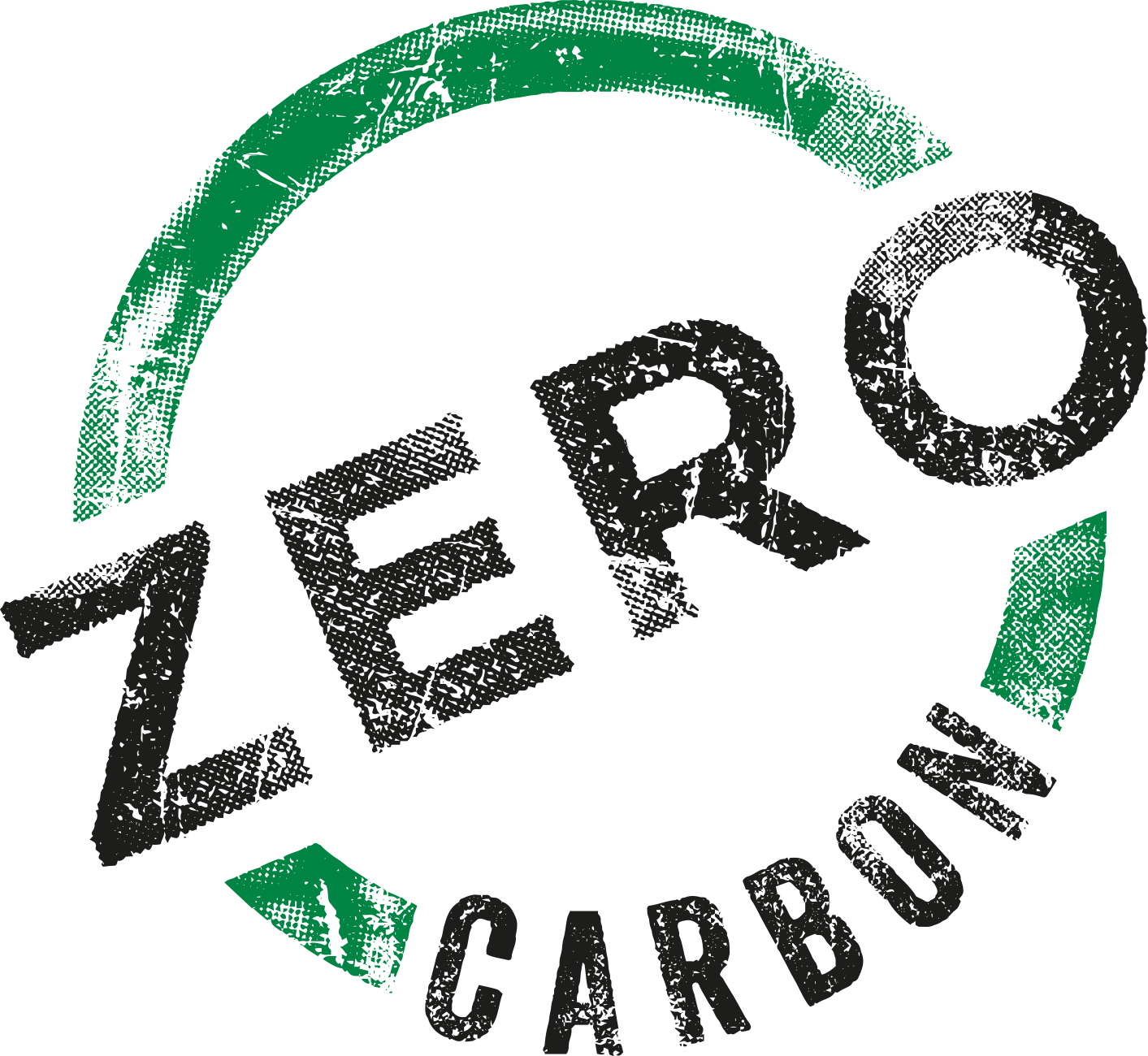
research and resources.

understanding carbon pricing.
Carbon pricing is about as hard to understand as it is to implement. That’s why we’ve produced some in-depth research to understand the effect that reforms to UK carbon pricing would have on different households and the economy, as well as how the public feel about it. We’ve also created a handy Beginners’ Guide to Carbon Pricing, along with various other resources that will help you become an effective advocate for this most critical cause!

carbon pricing 101.
There’s no two ways about it, carbon pricing is incredibly complicated - which is partly why people find it hard to engage with. Given that we’re on a mission to put carbon pricing at the top of the UK’s policy agenda, we thought we should have a crack at explaining it in a way that makes it a bit more accessible. So, if you’re keen to gain a better understanding of carbon pricing but not sure where to start, then why not download our Beginners’ Guide? You’ll be mastering the art of emissions charging in no time.

CARBON PRICING CARD GAME.
We had a feeling that talking about carbon pricing might be a little daunting for some COP26 delegates...so we made our very own card game to help world leaders break the ice and plunge into the chilly waters of climate negotiation small talk!
The deck includes 20 technical conversation starters (and their translations) to help you promote the cause of proper pollution pricing. If you’d like to bag yourself a set, you can do so by downloading the digital versions of the cards below, along with the print ready-artwork and scorecard.

How to campaign for effective carbon pricing policies.
We’ve put together a set of ‘Top Tips for Policy-Based campaigning’ based on insights from our digital-first public engagement petition campaign, which received over 108,000 signatures and was awarded Campaign of the Year at the Business Green Leaders Award 2021.
This document provides an overview of the tactics we used and the things we learned along the way, in the hope that it proves useful to other digital campaigners hoping to drive stronger political action on climate change. We’ve also provided access to our campaign artwork below, in case you want to use it to help advocate for a price on pollution.

Our policy proposals.
Once you’ve mastered the basics, why not check out our Commission’s full paper? It contains a series of sector-specific recommendations for extending carbon pricing across more of our economy, and even explores how a carbon charge might contribute to a ‘green recovery’ from COVID-19.
And after you’ve swotted up on the arguments for strengthening and extending carbon pricing in the UK, you can move on to learning about the options for levying a price on carbon on a global scale.
This can be done through a ‘Border Carbon Adjustment’ (BCA) or similar mechanism, which charges products the equivalent of the UK carbon charge when they enter the country, and rebates domestic manufacturers the carbon charge cost when they export.

understanding impacts.
Carbon charges are clever instruments, but they have to be implemented in a way that is fair - and that is a challenge. That’s why we commissioned some expert research to help inform our policy proposals. We asked the Grantham Institute on Climate Change and the Environment to assess the distributional impacts of a carbon tax in the UK. We also worked with the IPPR and the Joseph Rowntree Foundation to produce a paper on Delivering an equitable net zero transition. Click below to access the research via the LSE and IPPR websites.

understanding THE PUBLIC.
For climate policy to be effective it must consider and earn the support of the general public. That's why we partnered with Public First to explore how people feel about the introduction of carbon charges as part of the Government's net zero and green recovery roadmaps. We have also worked with Opinium to survey people’s attitudes toward carbon taxation.
Summaries of the key findings are available to download below.






